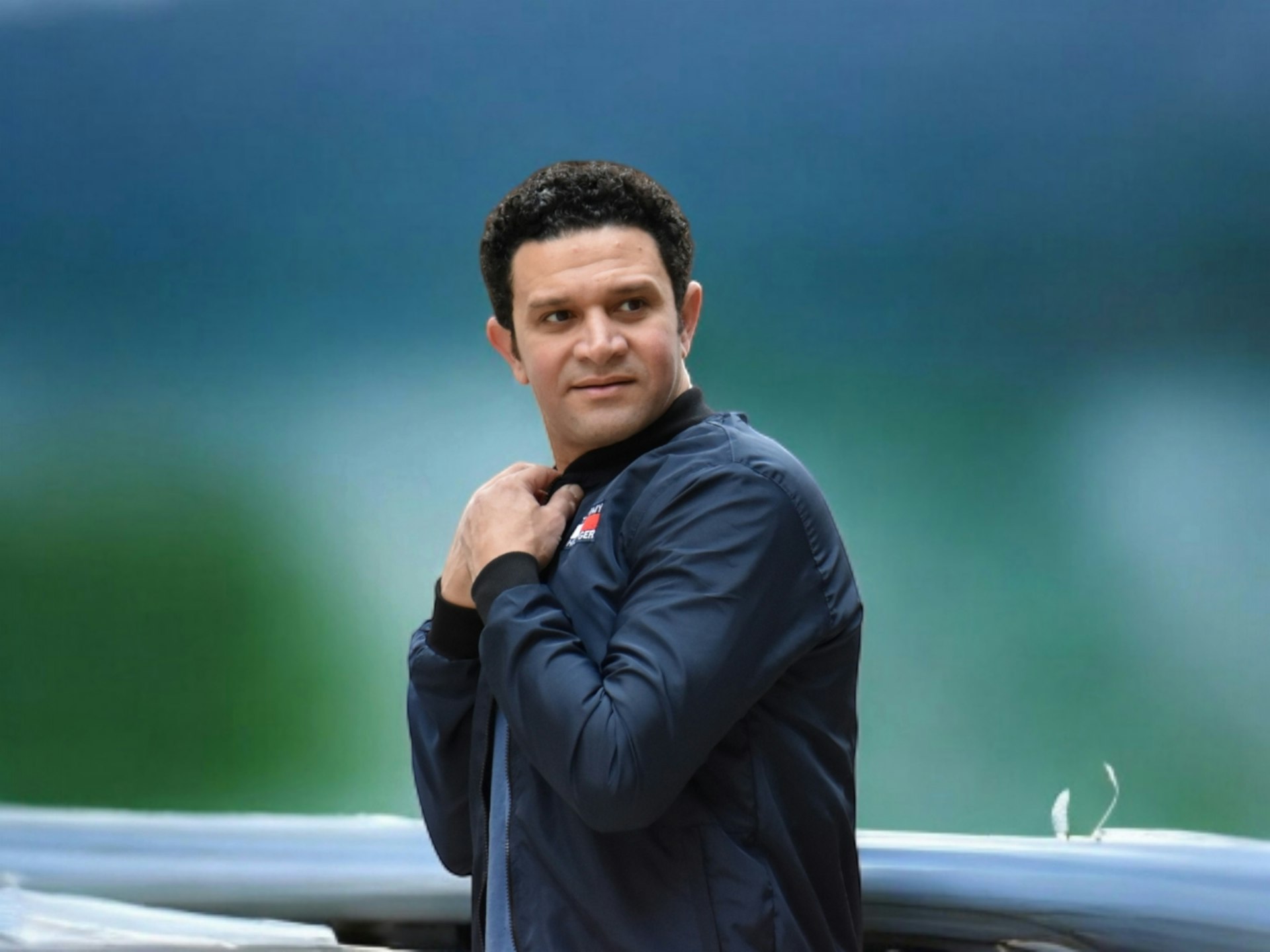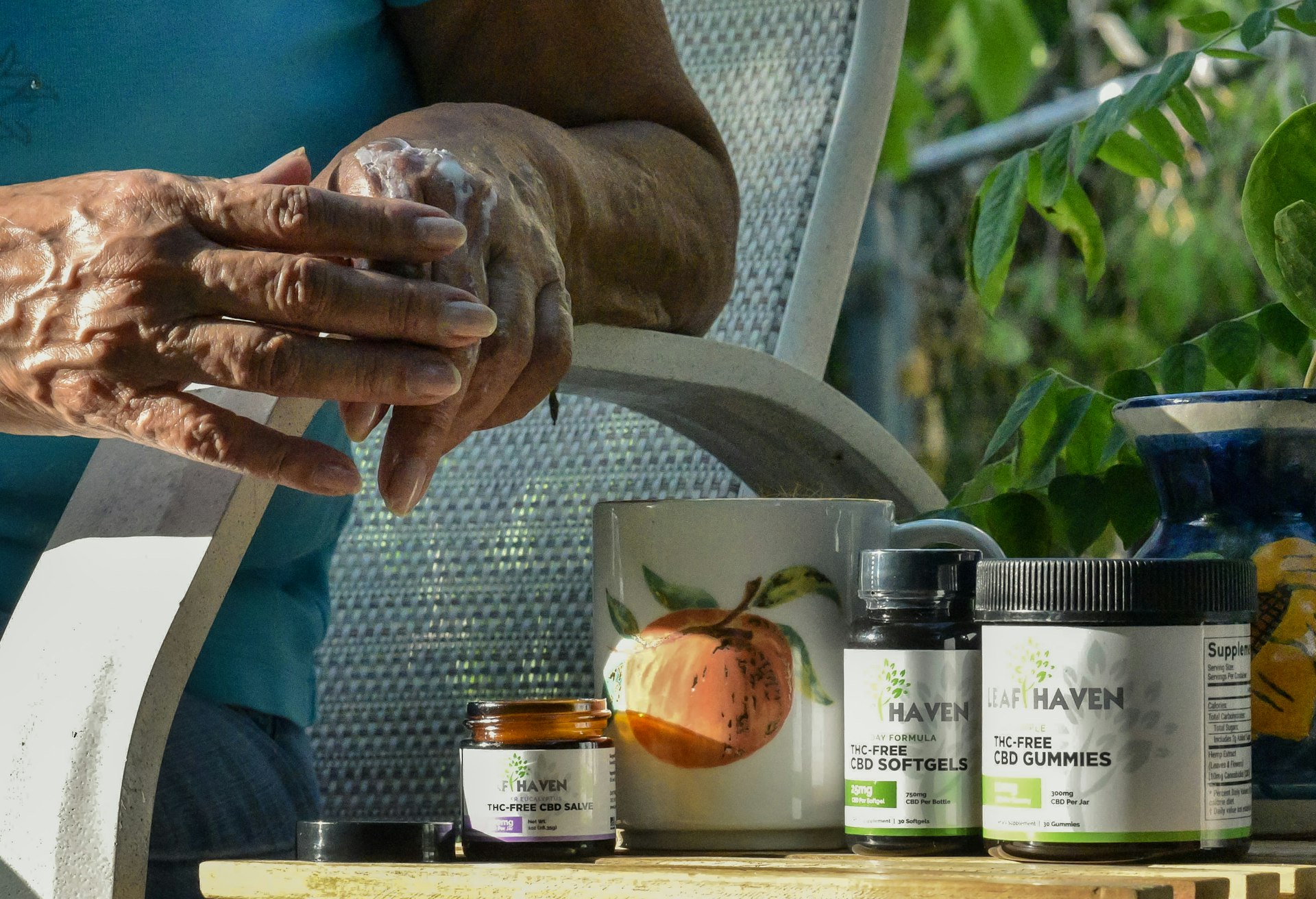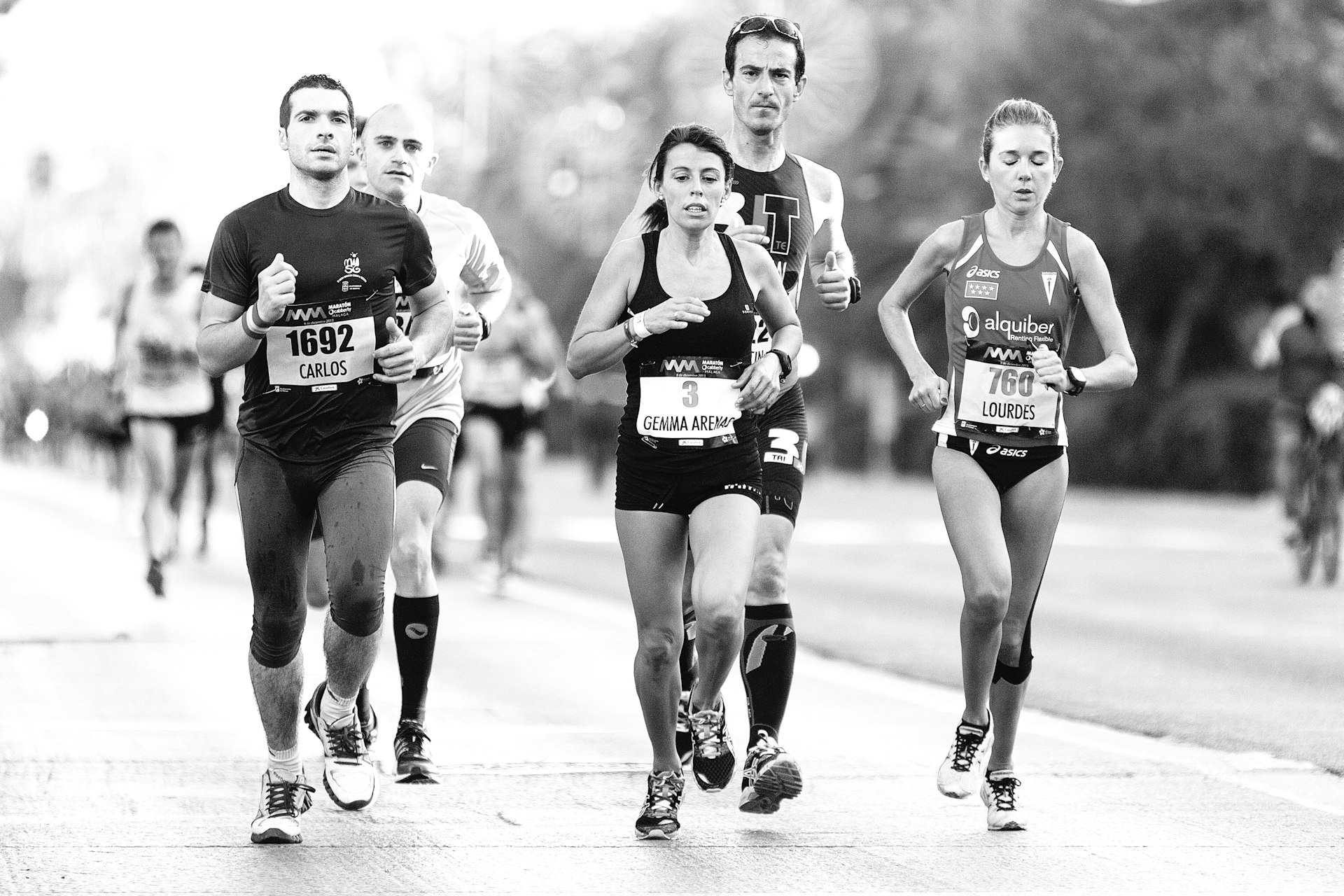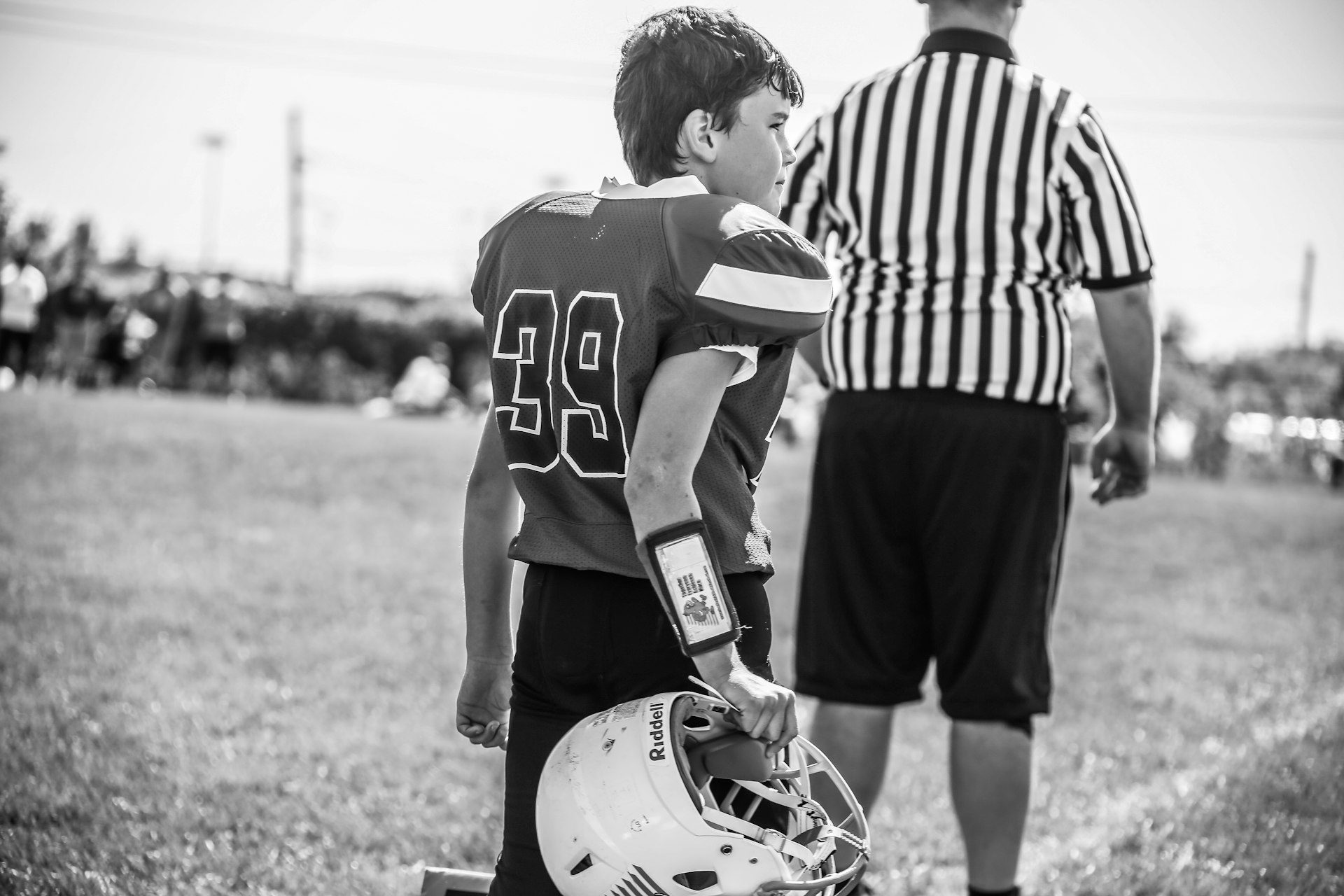Resilience Training: The Key to Athletic Success and Recovery

Photo by Quino Al on Unsplash
Introduction: Why Resilience Training Matters for Athletes
In the competitive world of sports, physical ability alone is not enough to succeed. Athletes routinely face pressure, adversity, and unexpected setbacks that can challenge their confidence and performance. Resilience training equips athletes with essential mental skills to not only overcome these obstacles, but also to emerge stronger and more focused. This article explores the importance of resilience training for athletes , detailing its benefits, proven methods, and step-by-step guidance for athletes, coaches, and parents who want to foster greater mental toughness and well-being.
The Universal Benefits of Resilience Training
Resilience training offers a wide range of benefits that extend beyond athletic performance. Athletes who engage in resilience-building strategies develop mental toughness , enhanced stress management, and the ability to perform under pressure. These skills are vital for bouncing back from losses, injuries, or personal struggles. For young athletes, resilience training also promotes teamwork, positive communication, and a mindset that supports growth both on and off the field [1] .
Examples: Consider a soccer player who misses a crucial penalty kick. With resilience training, they learn to recover mentally, refocus, and support their teammates, turning a setback into an opportunity for growth. Similarly, athletes facing long-term injuries use resilience strategies to maintain motivation and stay engaged in the recovery process [1] .

Photo by Serghei Trofimov on Unsplash
Mental Toughness and Performance Under Pressure
Mental toughness is the foundation of resilience for athletes. It enables them to remain calm, focused, and positive in high-stress situations. Resilience training includes mental conditioning, visualization, and self-talk, all of which help athletes manage nerves and maintain peak performance. Research indicates that athletes with greater mental toughness are more likely to excel under pressure; studies show an 8% higher performance rate among those who regularly practice resilience techniques [2] .
Implementation Steps:
- Practice visualization before competitions by mentally rehearsing successful outcomes.
- Incorporate positive self-talk to counteract negative thoughts and build confidence.
- Set short-term and long-term goals to maintain focus and motivation.
For guidance on mental conditioning, athletes can consult certified sports psychologists or seek resources through local sports organizations and athletic associations. Many offer workshops and one-on-one coaching on resilience and mental skills training.
Resilience and Injury Recovery
Injury is an inevitable part of sports, and recovery can be mentally taxing. Resilience training helps athletes cope with setbacks, maintain motivation, and foster a positive mindset during rehabilitation. Studies show that athletes who engage in resilience strategies experience faster recovery times and improved psychological well-being [1] . Key elements include mindfulness, goal-setting, and support networks.
Practical Steps:
- Develop a structured rehabilitation plan with clear milestones.
- Engage in mindfulness exercises such as deep breathing and meditation to reduce anxiety.
- Maintain open communication with coaches, medical professionals, and teammates.
To access resilience support during injury recovery, athletes can ask their coaches or athletic trainers about available mental health professionals or sports psychologists affiliated with their team or organization. Schools and universities often offer counseling services specifically for student-athletes.
Sports Psychology and Building Lasting Resilience
Sports psychology provides a comprehensive framework for building resilience. Techniques such as Master Resilience Training (MRT) focus on self-regulation, optimism, problem-solving, and social support. These methods protect athletes from depression, anxiety, and loss of athletic identity after setbacks or trauma [3] . Mindfulness, relaxation exercises, and imagery are essential tools for cultivating resilience over time.
Case Study: A collegiate basketball team faced a season-ending loss but used team mindfulness sessions and community-building exercises to support each other. The result was improved morale and a renewed commitment to training the following season [4] .
How to Get Started: Athletes and coaches can begin by seeking certified sports psychologists through official sports organizations, such as the American Psychological Association’s Division 47 or local university athletic departments. Many associations provide directories of licensed professionals specializing in sports resilience.
The Role of Community and Support Systems
Community plays a vital role in helping athletes build and maintain resilience. Support from teammates, coaches, and family creates a foundation for healthy coping, especially during times of personal or community-wide adversity. Open communication and shared experiences foster a sense of belonging and normalcy, which accelerates recovery and growth [4] .
Recommended Actions:
- Encourage team meetings focused on mental wellness and open dialogue.
- Parents and coaches should initiate conversations about setbacks and recovery.
- Teams can organize workshops or invite mental health professionals to speak on resilience strategies.
To find resilience workshops, athletes can search for “athlete resilience seminars” or “sports mental health workshops” through established sports organizations and local athletic clubs. If no verified links are available, athletes may contact their coach for recommended programs in their area.
Integrating Resilience into Sports Performance Training
Modern sports performance training goes beyond physical conditioning; it integrates mental resilience strategies to help athletes excel in competition and life. Programs often include goal-setting, visualization, and stress management techniques. These approaches are tailored to the demands of specific sports, ensuring athletes maintain focus, stamina, and adaptability during high-pressure moments [5] .
Alternative Approaches:
- Self-guided resilience exercises: Journaling, mindfulness apps, and goal-tracking tools.
- Group training: Team-based resilience challenges and peer support groups.
- Professional coaching: One-on-one sessions with certified mental performance coaches.
To enroll in sports performance programs with a resilience focus, athletes can research local training centers or ask for recommendations from their sports club. Many facilities offer custom programs designed to enhance both physical and mental skills.
Common Challenges and Solutions
While resilience training provides significant benefits, athletes may encounter obstacles such as lack of program availability, stigma around mental health, or difficulty maintaining motivation. Overcoming these challenges requires commitment and proactive steps:
- Advocate for mental wellness by discussing its importance with coaches and teammates.
- Seek out online resources, such as articles, videos, and webinars from reputable sports organizations.
- If programs are not available, consider starting a peer support group or partnering with a local mental health expert to host informational sessions.
For further guidance, athletes and coaches can contact national sports bodies or search “mental resilience resources for athletes” using official organization names.
Key Takeaways and Next Steps
Resilience training is a game-changer for athletes, fostering mental toughness, faster injury recovery, and improved performance under pressure. By integrating proven strategies like mindfulness, goal-setting, and community support, athletes can develop lifelong skills that translate to every aspect of their lives. To get started, athletes should seek out certified sports psychologists, mental wellness workshops, and performance training programs through established organizations. If uncertain about where to begin, ask your coach, athletic director, or local sports association for guidance on available resources and support.
References
[1] Actimenu (2024). Resilience Training for Young Athletes: Methods, Benefits & Success Stories.
[2] GamePlan Inc. (2023). Uncovering the Power of Resilience in Student-Athlete Triumphs.
[4] US Figure Skating (2023). Helping Athletes Find Resilience in the Face of Adversity.
[5] Continuous Motion PT (2024). 7 Reasons Sports Performance Training is a Must for Athletes.
MORE FROM weirdsearch.com













